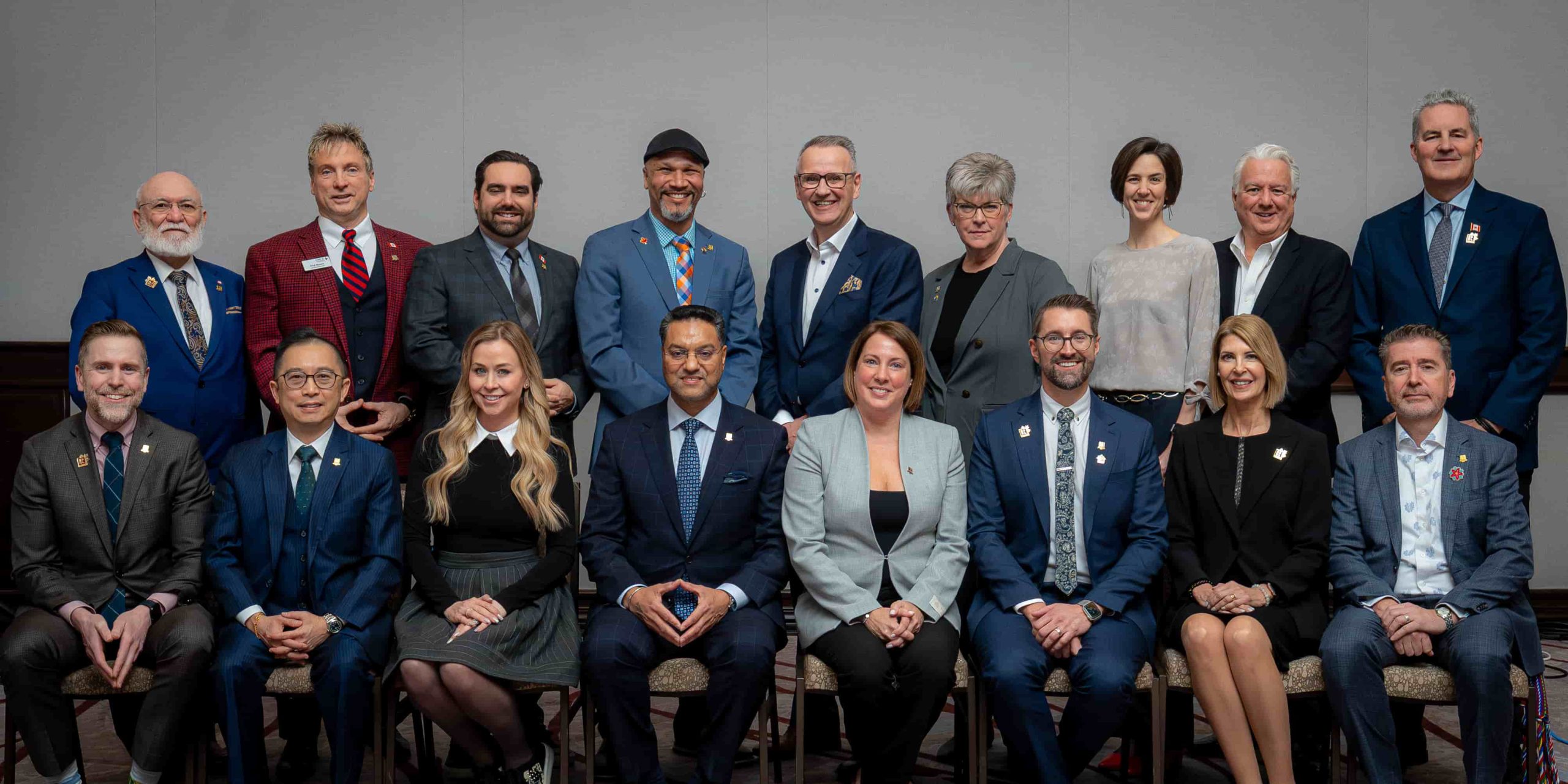In REM’s April edition, Mark Weisleder wrote an editorial entitled 5 Key Points About Buyer Representation Agreements.
However, there is another side that Mr. Weisleder is unable to offer given that he is a practicing lawyer and not a practicing real estate agent.
How often are we as Realtors faced with a scenario where a buyer has no interest in even sitting down with us to discuss the ramifications of the Buyer Representation Agreement? How many times do we run into difficulty moving a buyer from our first contact with them to a face-to-face meeting?
In my 29 years in this industry, I can’t think of a weaker link than our lack of skill in getting a buyer into the office before ever showing them a single house. An all-too-common practice is to believe we are doing our seller clients a service by bringing any potential buyer who shows even the remotest of interest into their home. And more often than not we have absolutely no information about that buyer other than his first name. It can be claimed that even that information is unverified.
Our entire industry has missed the most pertinent point of all when it comes to buyer representation and the BRA. That point speaks to why we have buyer representation in the first place. To answer that question we must first take a short trip down memory lane.
Ontario officially adopted buyer representation on Jan.1, 1995. Prior to that, the MLS listing agreement stated that any and all co-operating brokerages’ fiduciary duty was with the seller, as it was the seller who was paying the co-operating brokerage’s commission. Fiduciary duty was inextricably tied to the client paying the commission. Now, I could write an entire paper arguing that the buyer actually pays the entire commission, but let’s leave that point on the sidelines for now. A greater issue was that in those early days prior to Jan. 1, 1995, real estate salespeople working with a buyer routinely ignored this obligation with a “wink and a nudge”.
“Don’t worry; I will get you the best deal” was a commonly accepted sales pitch we often used when working with our buyer “customers’, which of course was in direct opposition to our fiduciary duty to our principal, the seller.
Fast forward 20 years, and ask any group of agents why we have buyer representation today and the overwhelmingly popular answer will be because it “protects our commission”. If you look at Mr. Weisleder’s editorial, all five of his points revolve around this same issue of protecting our commission. He has fallen into the same trap that we as an industry have fallen prey to.
It cannot be denied that the BRA does in fact protect our commission, but that was not the driving force behind why buyer representation came into being in the first place. We adopted buyer agency because without it, buyers had no legal protection whatsoever, even in the face of believing that they did.
If you can clearly understand what your potential client requires, and have the ability to fulfill that requirement, a transaction is likely to ensue. The problem with the approach that Mr. Weisleder has suggested in his editorial, which is shared by the vast majority of salespeople, is that we want our buyers to sign the buyer agency agreement because it protects our commission. That’s what we want, not the buyer. This is of little or no interest to the buying public. How can you ram this idea down a buyer’s throat and expect they will respond favourably?
Conversely, if we are skilled enough to bring all potential buyers into our office, have an honest discussion about the different levels of service that all buyers have the right to choose from and allow the buyer to make their own informed decision, what buyer would knowingly choose to be a customer?
The single most important point surrounding buyer representation is the ramification of a buyer choosing “client service” vs. “customer service”. When properly explained to your buyers, there is only one logical choice for them to make. Without its proper explanation, not only are we contravening a RECO rule, but we are trying to get a buyer to sign the BRA because it is in our best interest. That, as we all know, is like pushing a rope uphill.
Ken Wilder is a 29-year veteran in the real estate industry. In 1993 he pioneered buyer agency. Since 2000, Ken has been a motivational speaker, coach and author and has spoken to more than 20,000 real estate agents and brokers across the country. Email Ken.














